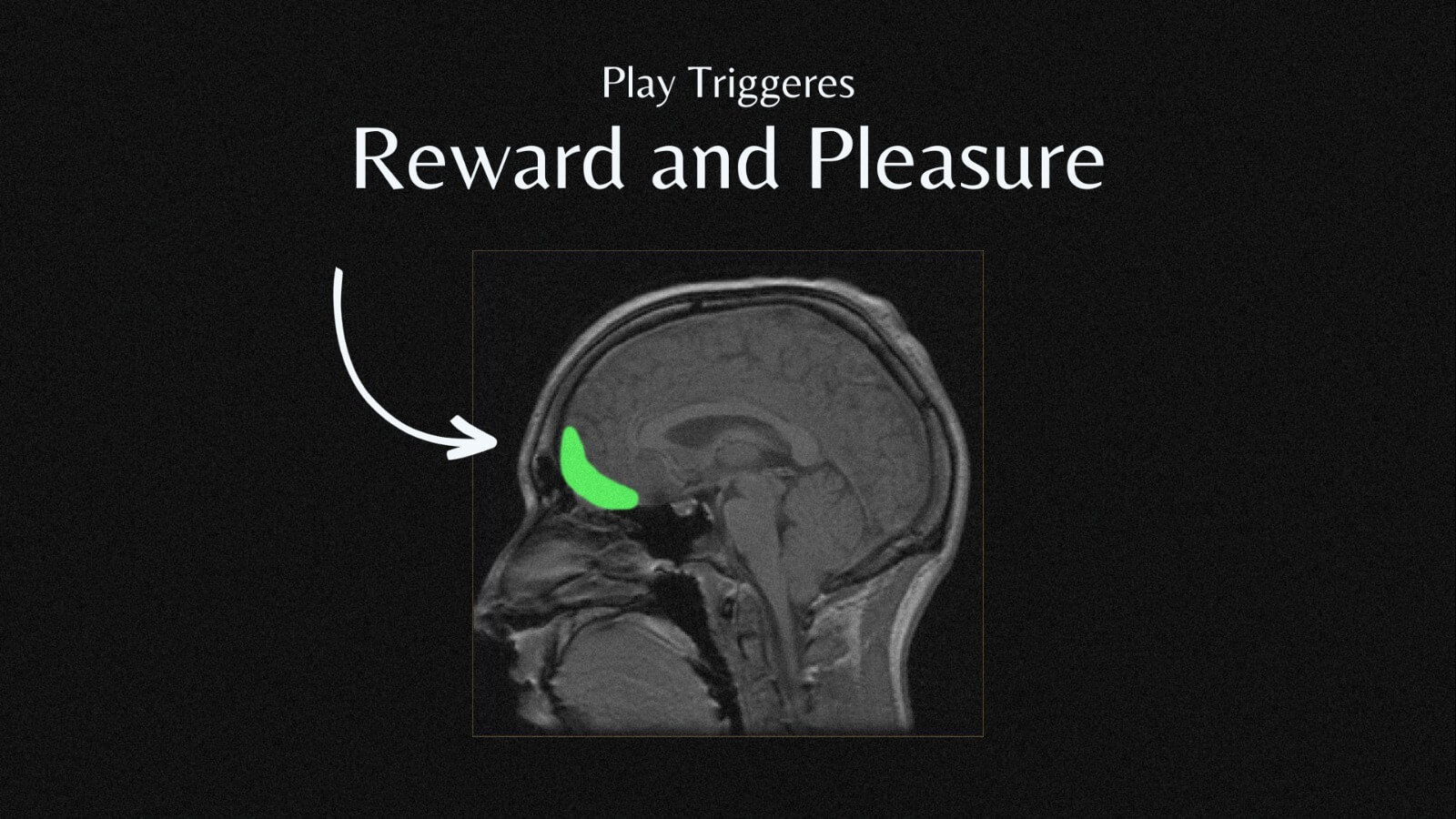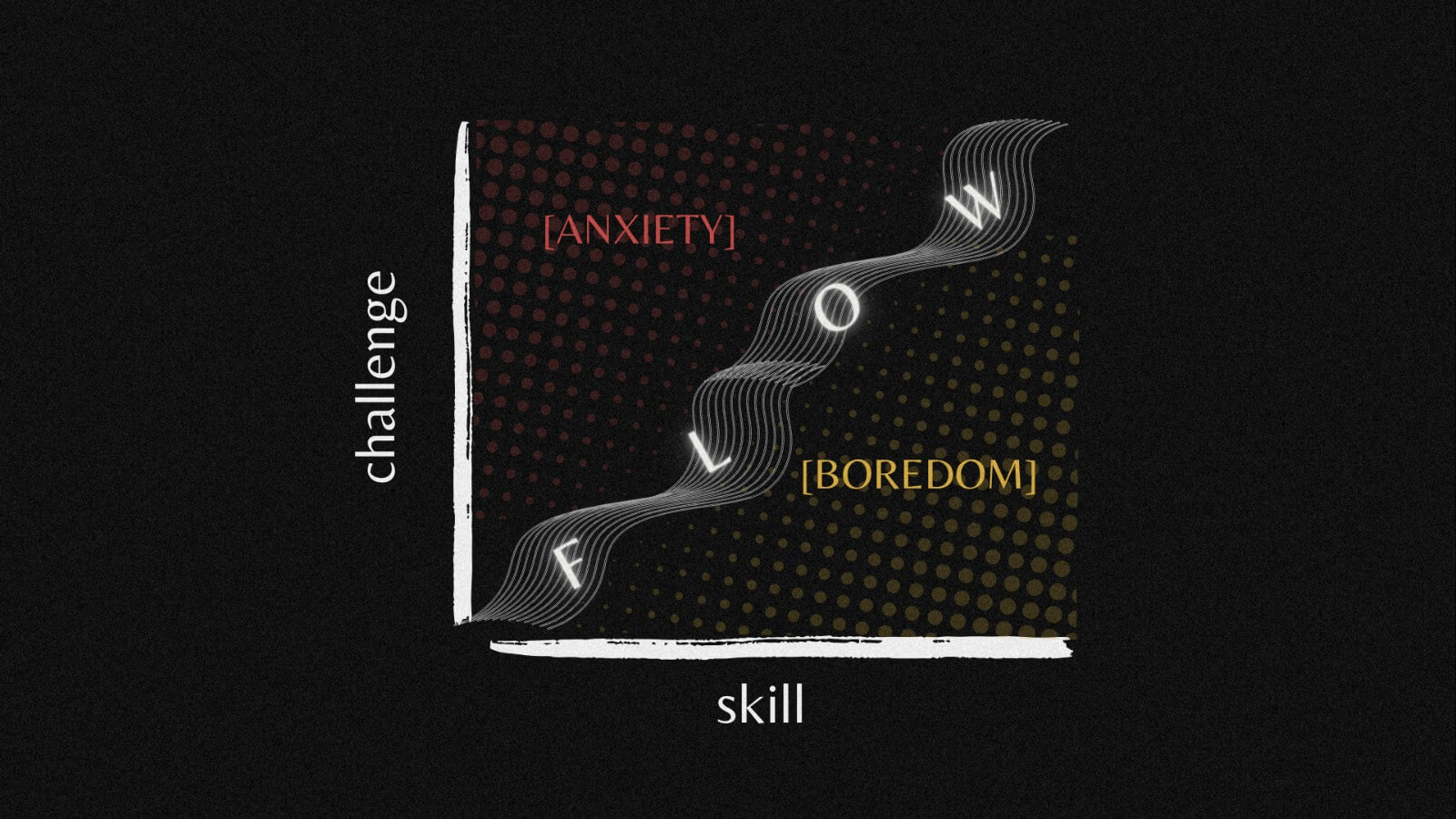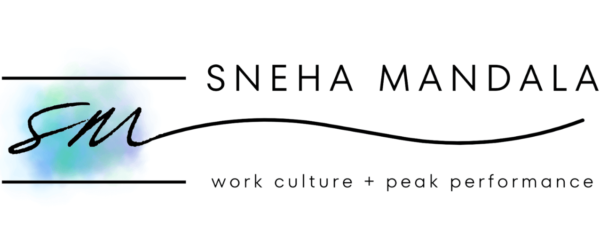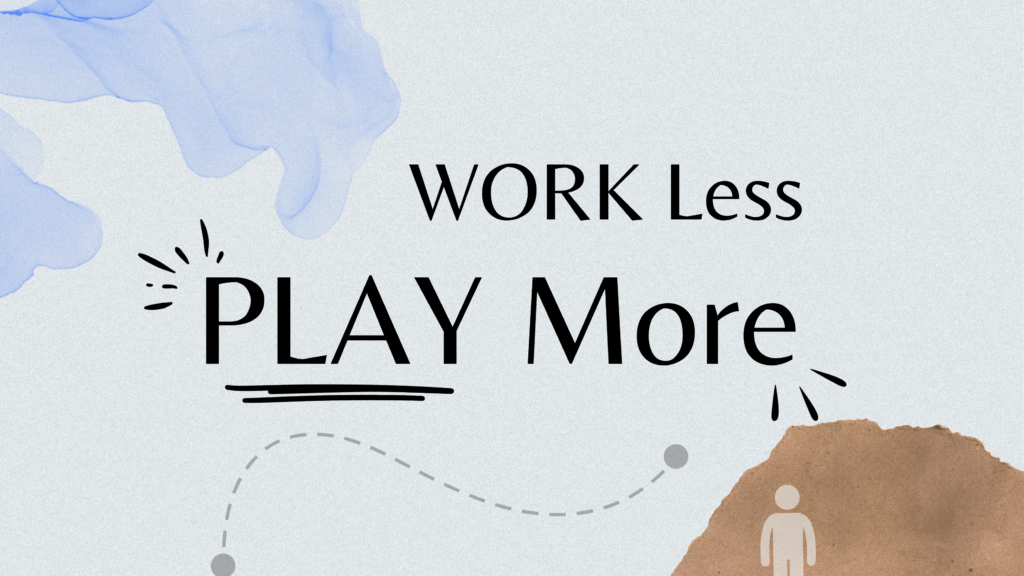When was the last time you had fun?
Was it during your vacation a few months ago?
Maybe it was drinks with friends last weekend…
Maybe it was that movie you were watching last night…
No matter what variety of answers you give me, I can guarantee that you’re not going to say that you had fun today doing what you do for the most part of the day, most days, “WORK!”
Oh, that last minute presentation that I was struggling with for four hours that my boss rejected in the end…. That was fun?
But, if I go to a kid and ask the same question “When was the last time you had fun?” I guarantee that the answers are going to be a lot more recent. Oh, I had fun in art class yesterday, or today sandbox play was fun, everything that kids do is pretty much either for fun or if it’s not it’s because they’re really curious and they want to learn.
Essentially everything that kids do is “PLAY!”
Now, at some point kids grew up into adulthood and leave all that play behind play is not adulting.
Play doesn’t mean taking responsibility, Play does not pay the bills.
Why so serious? As a world that we’re living in is becoming more and more competitive and fast-paced the definition of success is becoming more and more skewed.
Apparently the longer you work or the harder you work there’s more tendency for you to be more successful.
There are so many success stories that share this common narrative, the problem is that everyone knows that longer and harder hours lead to mental and physical decline so why are these long hard hours and this hustle and this grind and the struggle being shown off as “Badges of Honor”?
Upon research, I figured that word stress is certainly higher in some parts of the world than others and you could argue that perhaps this is linked to capitalism.
Capitalism has been around for many-many centuries and it has always rewarded productivity and profit over everything else so as a result this could be supporting.
The Narrative of “Let’s work harder, Let’s do more, Let’s produce more” in order to be rewarded in order to be respected in order to be considered as successful by society.
Therefore, this burnout, stress and rat race have become synonyms with work culture in certain areas and it does not have to be that way.
Adam Grant, a psychologist and author shares in his Ted Talk that, plays in something that you get to do after you complete your to-do list play something that belongs on your to-do list.
I’d argue that everything on your to-do list should be some form of play.
Why?
Because, when we feel like we are at play we get more engaged in the activity. Our focus increases in a way that is very relaxing. In a way that doesn’t increase the stress.

Play triggers the reward and pleasure centers in our brains, much like the feeling of a natural high. The key difference is that play can be productive, unlike destructive habits like drug use. Moreover, the benefits of this playful approach aren’t limited to work. They extend to building stronger relationships, deepening bonds, and fostering trust.
Consider a new relationship: in the beginning, there’s curiosity, passion, and high energy. But as time passes, repetitive routines can cause energy to dwindle, leading to a sense of staleness and even a dead end. The same can happen in the workplace.
Think about your first day at a new job. You’re filled with excitement and a desire to prove yourself, eager to learn. However, as you settle into repetitive tasks, the initial thrill fades, and your job may start to feel monotonous. This leads to disengagement and a sense that work is just work.
But it doesn’t have to be this way. Just as relationship counselors encourage couples to inject more play into their connections, you can infuse play into your work. This can rejuvenate and refresh your perspective, transforming “blah” into “yay.”
So, let’s explore the art of playing more and working less for success. Here are five practical tips to achieve that balance:
1. Embrace Your Inner Child: Rediscover your childlike curiosity. When things are going well, ask yourself what’s working and, when they’re not, seek ways to improve. Develop a growth mindset that focuses on self-improvement, emphasizing process and progress over mere outcomes.
2. Make Things Up: When work becomes monotonous, inject creativity. Ask your manager for new approaches or change your work environment. Introduce challenges into your tasks, such as stretch projects that push you just enough to stimulate growth.
3. Celebrate Wins Along the Way: Break down long-term goals into measurable milestones. Recognize your progress to prevent feelings of stagnation and stress. Celebrate even small achievements to reassure yourself that you’re on the right track.
4. Collaborate: Don’t hesitate to seek help from colleagues. Collaboration fosters creativity, healthy conflict, and meaningful dialogue. You don’t have to go it alone.
5. Get into a Flow State at Work: Achieving a flow state, characterized by complete immersion and focus, isn’t limited to artists and athletes. Anyone can experience it in their work, provided they’re doing something they love in a way that feels authentic and natural to them.

Flow is a state where self-doubt vanishes, and you’re fully absorbed in the process, free from worries about time or outcomes. It’s an effortless, enjoyable, and highly productive way to work.
By redefining your definition of success and implementing these tips, you can work less and play more, finding the balance that leads to an “Enriched Work-Life Experience”.




